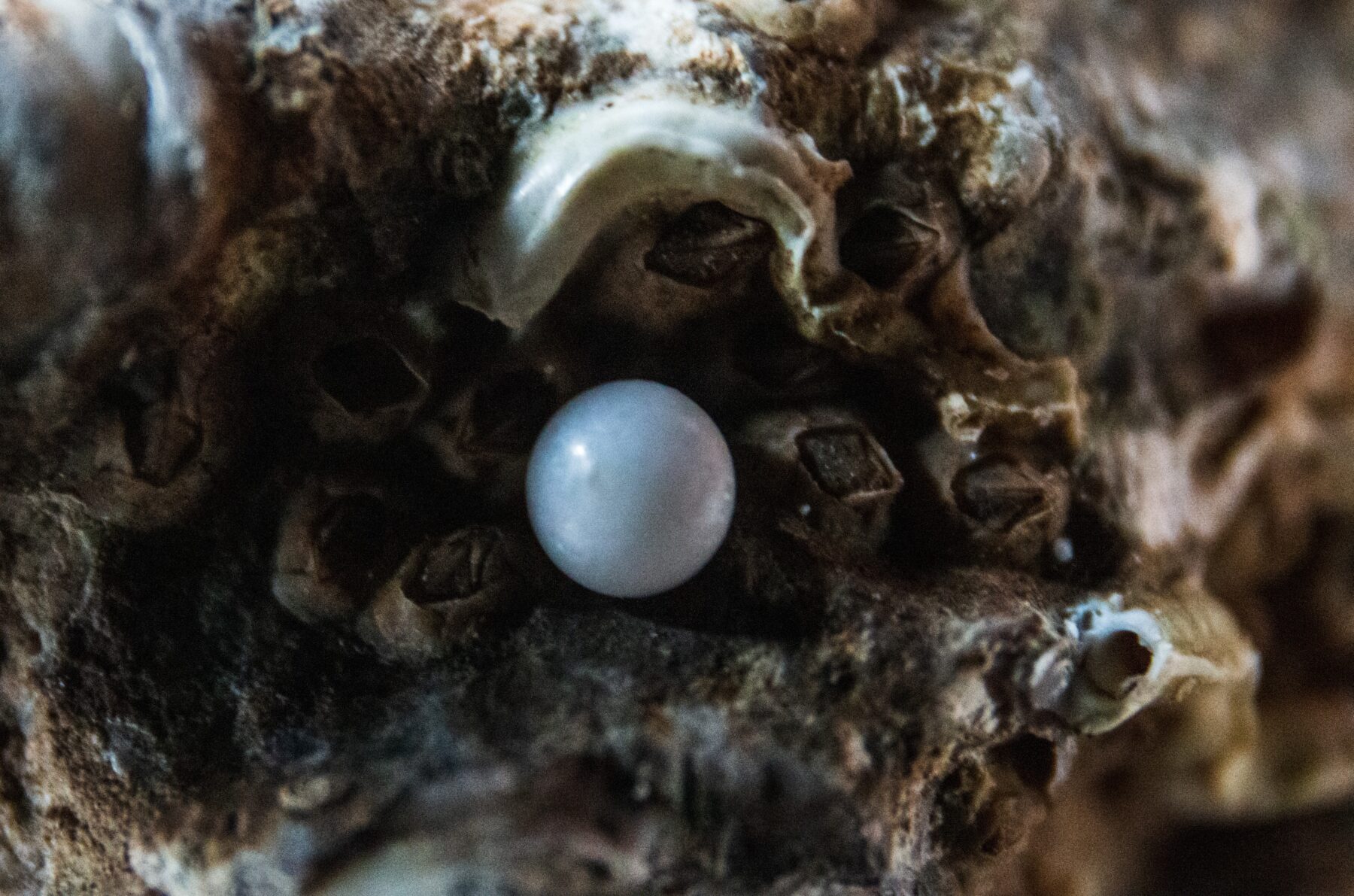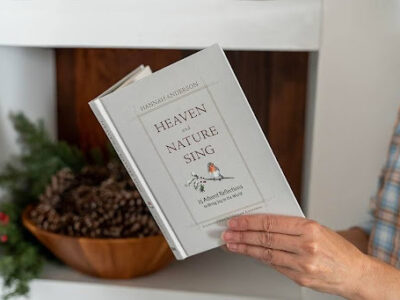“The kingdom of heaven is like treasure hidden in a field. When a man found it, he hid it again, and then in his joy went and sold all he had and bought that field. Again, the kingdom of heaven is like a merchant looking for fine pearls. When he found one of great value, he went away and sold everything he had and bought it.” – Matthew 13:44-46 NIV
These two short parables about the kingdom of heaven have always flummoxed me. In both parables, the person who finds the thing he’s looking for has to hide the treasure (or the pearl) where he found it for a while, until he has sold all that he had to possess the treasure (or the pearl). How is the kingdom of heaven like this treasure? How is the kingdom of heaven like a pearl of great price? And why can’t he just possess the treasure / pearl when he finds it?
Why does the kingdom of heaven come at such a price?
The band U2’s song, “I Still Haven’t Found What I’m Looking For” follows the artist as he searches for whatever it is that he’s looking for. Much in the same way that the Teacher in Ecclesiastes tries out all of the things of this world but still finds them meaningless, vanity, nothing new under the sun, Bono can’t find what he’s looking for in any of the things of this world, either.
So there must be something so compelling, so counter-cultural, so real and good and true and beautiful that makes the kingdom of heaven irresistible, that makes the kingdom of heaven worth more than everything else you possess, so much so that you’d give it all up just to secure that good and real and true and beautiful thing.
I used to think that this kingdom of heaven was an afterlife place, and that eternal salvation was the pearl of great price, the treasure in the field. I think it probably does also mean this, but elsewhere, Jesus says that the kingdom of heaven has come near (Matthew 4:17), that those who are poor in spirit and persecuted because of righteousness already have the kingdom of heaven (Matthew 5:3 and 5:10). The pearl of great price changes the life of the merchant now. The treasure in the field brings the man joy now.
Jesus doesn’t just unlock the gate of heaven after you die, he unlocks the gate of heaven right now. He invites us into an abundant life (John 10:10 NASB). When we’ve found that life and walk in the way, the truth, and the life, it’s entirely unlike anything else in our lives, more valuable than any material possessions.
Whatever threats, losses, pain, or suffering threaten us cannot touch the love and freedom that we have in Jesus Christ. It’s the pearl of great price we’d trade the whole world to hold onto.
Points of Reflection
- Do you think it’s possible to live in the kingdom of heaven now, or is it only an afterlife thing?
- What have you had to give away or sell in your life (actual or metaphorical) in order to walk in the kingdom of heaven?
For the Kids
- What kind of treasure do you think is worth selling everything you have to possess?
- What do you think the kingdom of heaven is like?
Action
The kingdom of heaven is both a place of great joy, of great worth, and also of great sacrifice. That sacrifice isn’t done begrudgingly—the merchant and the man are eager to sell what they have in order to possess their treasures. If the kingdom of heaven is already here (and also a place to come), are there things that might be keeping you from entering its gates? Make a list of the things you feel are keeping you from the joy and peace that Jesus promises (fear, anxieties, security, anger, sinful behaviors, etc.), and confess these things – “selling” them in exchange for the love and forgiveness Christ offers.
ReadingsIn C.S. Lewis’ marvelous allegory, The Great Divorce, Lewis finds himself on a bus departing from hell, bound for heaven. Anyone who wants to stay in heaven, can. As Lewis says, “If we insist on keeping hell (or even earth) we shall not see heaven: If we accept heaven we shall not be able to retain even the smallest and most intimate souvenirs of hell.” I read The Great Divorce as a college student and new Christian, and its vivid metaphors have stuck with me ever since. Whether an allegory for the afterlife or an allegory for living within the kingdom of heaven right now (or both), The Great Divorce will challenge, inspire, and stay with you for years to come.





 Copyright
2024
Root and Vine
Copyright
2024
Root and Vine